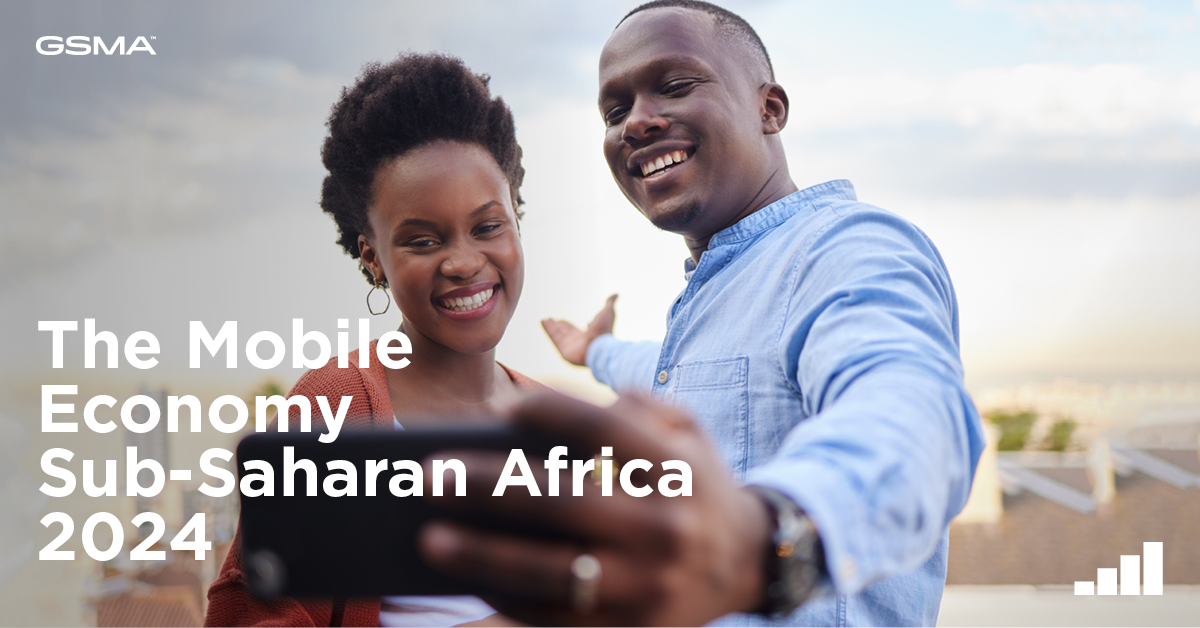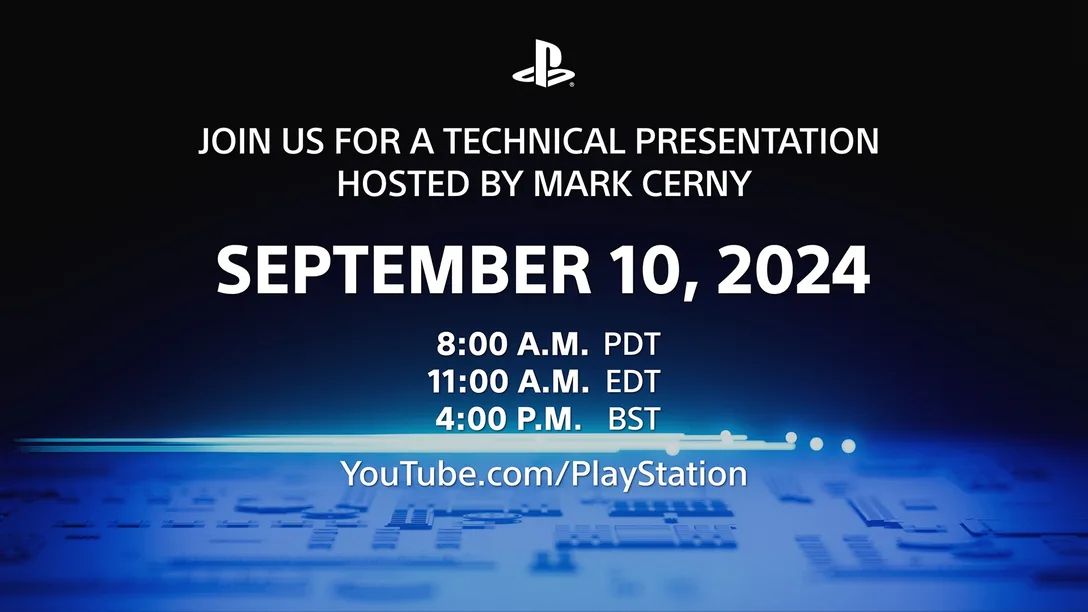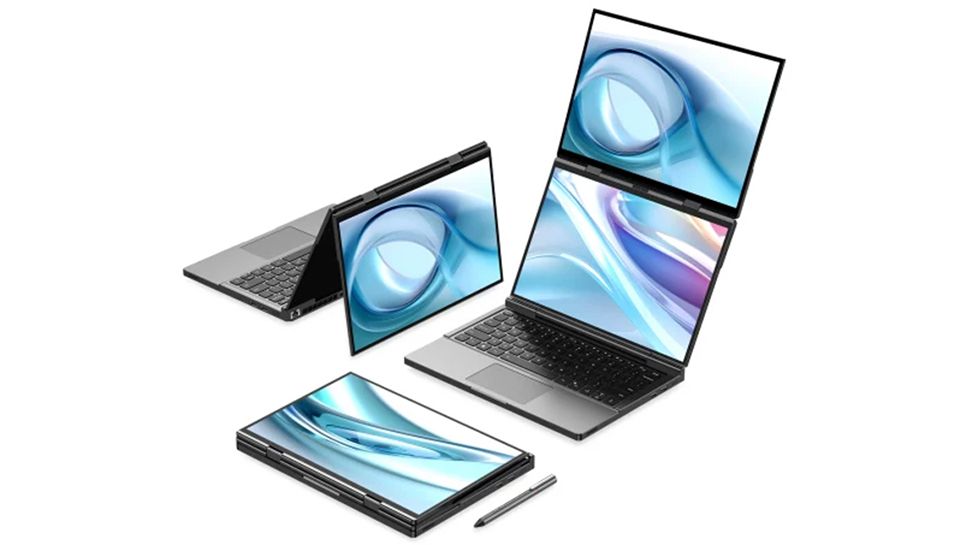A new report highlights opportunities in AI, 5G and satellite connectivity to close a 60% usage gap and unlock $170 billion in GDP by 2030.
7th November 2024, Nairobi – The mobile industry's $140 billion GDP contribution in 2023 is projected to reach $170 billion in 2030 if key connectivity barriers are addressed. These are flagship ideas. Sub-Saharan Africa Mobile Economy Report 2024 presented today by GSMA. Mobile technology is essential to support development goals in key sectors such as healthcare, education and finance, driving economic growth by expanding access to the Internet and digital services.
As digitalization accelerates, the report highlights that 4G expansion will boost connectivity, which is expected to account for half of all connections by 2030. However, a significant coverage gap remains, with 13% of the population still not there and a usage gap of 60%. affecting those who live within coverage areas but face barriers to connecting, such as unaffordable devices, limited digital skills or online safety concerns.
In addition to these connectivity challenges, the region faces high operating costs, inflationary pressures and energy price volatility. Despite these obstacles, emerging trends such as generative AI and satellite partnerships present innovative solutions to bridge gaps between sectors. Broader API solutions, such as GSMA Open Gateway, which recently launched Security APIs in South Africa, are set to improve digital security and simplify services as these initiatives expand regionally. Addressing these issues is essential to unlocking the socio-economic potential of mobile connectivity in sub-Saharan Africa.
“Our findings this year reveal both the extraordinary potential and challenges facing sub-Saharan Africa's mobile ecosystem,” he said. Angela Wamola, Head of Sub-Saharan Africa, GSMA. “To fully realize the benefits of connectivity, it is essential that operators, policymakers and stakeholders address affordability barriers, support infrastructure expansion and foster collaborations that drive digital inclusion and economic impact.”
Key findings from the 2024 Report:
- Persistent usage gap: Mobile internet penetration in sub-Saharan Africa reached 27% by the end of 2023, but a substantial 60% usage gap remains. This gap represents millions of people who live within network coverage but face barriers such as device affordability, digital skills gaps, and concerns around online safety. Globally, 3.1 billion people (39% of the world's population) are affected by the usage gap. Sub-Saharan Africa is the least connected region with the largest usage gap in the world.
- Expanding 4G coverage and early 5G growth: 4G adoption in the region is expected to reach 50% by 2030, surpassing 3G as the leading technology. Although 5G adoption is still in its early stages, it is projected to reach 17% of total connections by 2030, primarily in South Africa, Nigeria and Kenya.
- Economic impact and infrastructure needs for 5G: By 2030, 5G alone is expected to contribute $10 billion to the region's economy, representing 6% of the mobile sector's total economic impact. The report emphasizes the need for progressive spectrum policies, particularly the release of mid-band spectrum, to support long-term growth and equitable digital access. Additionally, 5G fixed wireless access (FWA) is gaining traction as a primary broadband solution in countries such as Angola, South Africa, Nigeria, Kenya, Zambia and Zimbabwe, addressing the demand for high-speed connectivity in underserved areas.
- Strengthening digital security: South Africa became the first country in sub-Saharan Africa to implement GSMA Open Gateway APIs, focusing on fraud prevention and security with number verification and SIM swap APIs. This initiative is part of broader efforts across the region to improve digital security, particularly within digital banking.
- Generative AI potential: Generative AI is expected to contribute up to $1.5 trillion to Africa's economy by 2030, with mobile operators increasingly using AI for customer engagement and network optimization. MTN and Vodacom, for example, are implementing AI-driven initiatives to improve operational efficiency, although the region faces a shortage of AI-trained professionals.
The report advocates for a series of critical actions to ensure sustainable growth and digital inclusion:
- Affordability reforms: High costs remain a barrier to mobile access, and the report calls for reducing taxes on the sector, such as reducing phone import duties and activation fees, to make services affordable and accessible to all.
- Revitalized Universal Service Funds (USF): Many FSUs in sub-Saharan Africa perform poorly, often hampered by inefficiencies. The report calls for reforms to improve transparency, streamline disbursements, and direct funds toward impactful initiatives, such as digital literacy programs in underserved areas.
- Progressive spectrum policy: In the face of growing demand for data, the report urges governments to release additional spectrum, particularly in the 6 GHz band, and adopt policies that ensure efficient, affordable and environmentally sustainable mobile network expansion.
-ENDS-
About the GSMA
The GSMA is a global organization that unifies the mobile ecosystem to discover, develop and deliver critical innovation for positive business environments and social change. Our vision is to unlock the full power of connectivity so that people, industry and society thrive. Representing mobile operators and organizations across the mobile ecosystem and adjacent industries, the GSMA offers its members three broad pillars: connectivity for good, industry services and solutions, and outreach. This activity includes advancing policy, addressing today's biggest societal challenges, supporting the technology and interoperability that make mobile devices work, and providing the world's largest platform to convene the mobile ecosystem at the MWC and M360 series of events.
We invite you to learn more at gsma.com









